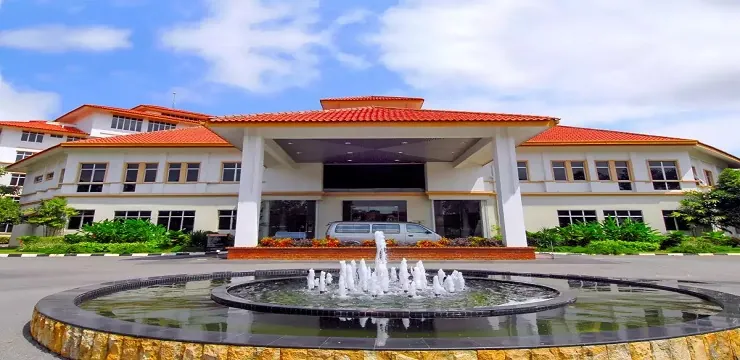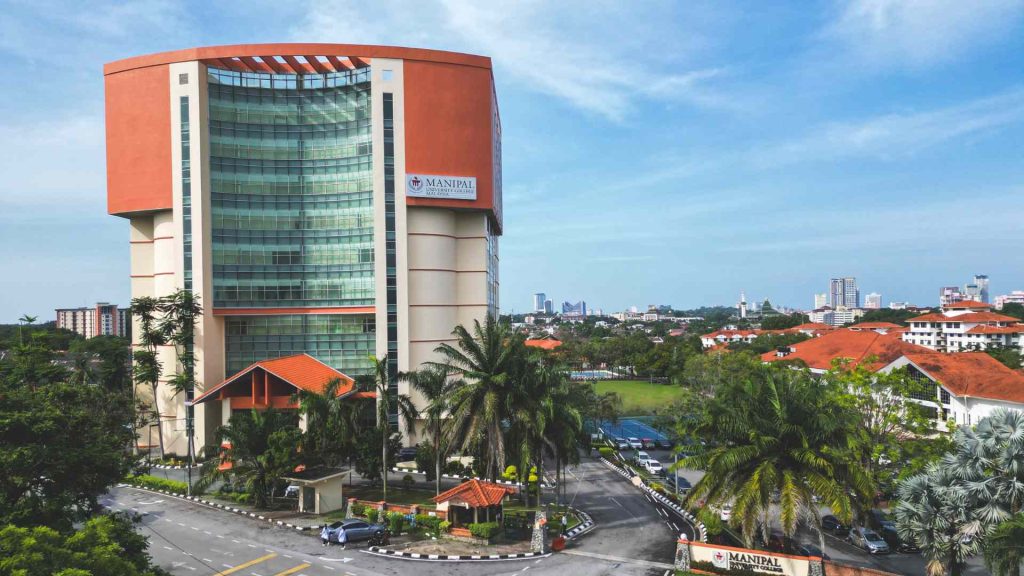Studying Physiotherapy as an undergraduate improves the quality of life and promotes the overall well-being of individuals with any physical impairments or disability. Here are some of the key aspects of studying physiotherapy as an undergraduate:
- You will learn various techniques and exercise to help patients recover from injuries or manage chronic conditions.You will also develop communication, critical thinking, problem-solving, and interpersonal skills necessary for effective patient care.
- You will often engage in continuing education to stay updated with the latest research, techniques, and advancements in the field including postgraduate education such as Manual Therapy, Neuro Rehabilitation, Dry Puncture, Sports Physiotherapy and Industrial Physiotherapy.
- You will be recognized by the professional bodies and associations worldwide to practice as a Physiotherapist after the completion of your Bachelor’s Degree. In Malaysia, all the Physiotherapists are governed by the Malaysian Physiotherapy Association (MPA).
Programme Structure
Year 1
- Anatomy
- Physiology
- Kinesiology Physiotherapy
- Fundamental of Psychology
- Professional Development in Physiotherapy
- Pharmacology for Allied Health Science
- Bahasa Melayu Komunikasi
- Physiotherapeutic Skills 1
- Electrophysical Agents in Physiotherapy 1
- Philosophy and Current Issues
Year 2
- Physiotherapeutic Skills 2
- Electrophysical Agents in Physiotherapy 2
- Evidence-Based Practice in Rehabilitation
- Neurosciences
- Sociology
- Pathology
- Appreciation of Ethics and Civilizations
- Research Methodology in Health Sciences
- Biostatistics
- Musculoskeletal Physiotherapy 1
- Neurological Physiotherapy 1
- Cardiopulmonary Physiotherapy 1
- Physiotherapy in Occupational and Industrial Health
Year 3
- Musculoskeletal Physiotherapy 2
- Cardiopulmonary Physiotherapy 2
- Neurological Physiotherapy 2
- Physiotherapy in Community Based Rehabilitation
- Clinical Practice 1 (Musculoskeletal + Cardiorespiratory)
- Research Project 1
- Spine Care and Rehabilitation
- Physiotherapy in Critical Care
- Sports Physiotherapy and Rehabilitation
- Clinical Exercise Science
- Community Service
- Assistive Technology and Universal Accessibility
- Clinical Practice 2 (Neurology + Critical Care)
Year 4
- Physiotherapy in Pediatrics
- Physiotherapy in Women’s Health
- Physiotherapy practice in Geriatrics
- Entrepreneur Skills / Special education in Occupational Therapy
- Research Project 2
- Bahasa Kebangsaan A
- Clinical Practice 3 (Sports +Pediatrics)
- Clinical Practise 4 (Women’s Health + Geriatrics)
- Final Clinical Practice (Musculoskeletal, Neurology, Cardiorespiratory)
Entry Requirements
STPM/ Matriculation
EQUIVALENT PROGRAMMES
- Foundation in Science
- Pre-University Programme or its equivalent
Pass with minimum GPA ≥ 2.33 in TWO (2) of the following subjects:
- Biology
- Physics / Mathematics
- Chemistry
A- Level / Equivalent Programme
Pass with minimum Grade D in TWO (2) of the following subjects:
- Biology
- Physics / Mathematics
- Chemistry
Unified Examination Certificate (UEC)
Pass with minimum Grade B5 in FIVE (5) subjects including:
- Chemistry
- Biology/Physics
- 3 other subjects
South Australian Matriculation (SAM/ SACE)
Pass with minimum Scaled Score of 12 in THREE (3) subjects including:
- Chemistry
- Biology / Physics
- 1 other subject
Canadian Pre-University (CPU)/ CIMP
EQUIVALENT PROGRAMMES
- Ontario Secondary School
- Diploma/Western Australian Curriculum Council
- HSC (NSW) or its equivalent
Pass with average minimum of 55% for THREE (3) subjects including:
- Chemistry
- Biology / Physics
- 1 other subject
Indian Pre-University
EQUIVALENT PROGRAMMES
- All India Senior School Certificate awarded by CBSE
- HSCC
- HSC (Standard XII)
- HSC (NSW) or its equivalent
Pass with average minimum of 55% for THREE (3) subjects including:
- Chemistry
- Biology / Physics
- 1 other subject
Diploma from recognized institutions
Pass with minimum CGPA ≥ 2.75 in related field
Or
Minimum CGPA < 2.75 in related field with minimum 3 years (36 months) working experience in related field
Notes:
- Other qualification as approved by the Senate
English Competency
- TOEFL: 550
- IELTS: 5.5
BACHELOR OF SC
BACHELOR OF SCIENCE (HONOURS) IN PHYSIOTHERAPY INTERNATIONAL PATHWAYS
Career Path
Why Should I Consider Becoming An Physiotherapist?
Becoming a Physiotherapist is fulfilling and rewarding as you will have the opportunity to work directly with patients and help them to improve physical functions and regain mobility. Being able to witness the positive impact on your work to the patients’ lives is immensely satisfying. The field of physiotherapy is wide as it allows you to find a work environment that suits your lifestyle and interests. It also gives the opportunity to work with diverse patients’ populations across the various age groups i.e., children, adults, senior citizens.














